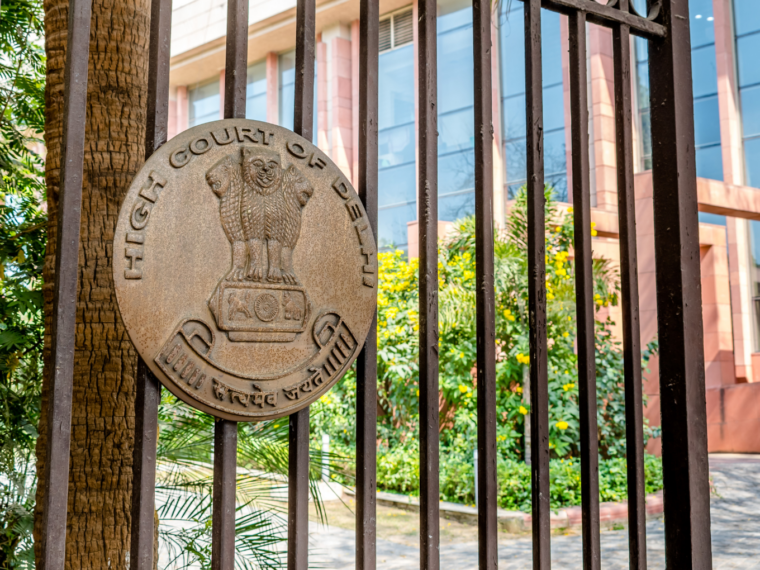
Observing that deepfakes were a major problem, the Delhi HC said that the union government was not taking any action on the issue despite multiple complaints
The directions came in response to a PIL filed by journalist and INDIA TV head Rajat Sharma seeking ban on creation and dissemination of deepfakes for malicious purposes
In his petition, Sharma claimed certain “unscrupulous” elements were using his deepfake videos to endorse purported medication for diabetes and fat loss
The Delhi High Court (HC) on Wednesday (May 8) reportedly sought responses from the Centre on a public interest litigation (PIL) that seeks directions to block public access to apps and softwares that help create deepfakes.
As per news agency PTI, a bench comprising acting Chief Justice Manmohan and Justice Manmeet PS Arora issued a notice to the Ministry of Electronics and Information Technology (MeitY) on a PIL filed by journalist and INDIA TV head Rajat Sharma.
Observing that deepfakes were a major problem, the bench asked the Centre to furnish a reply on whether the latter was willing to act on the matter. The Delhi HC also said that the union government was not taking any action on the issue despite political parties complaining about the matter.
The directions came in response to a PIL that noted that the proliferation of deepfakes posed a “significant threat” to various aspects of society, including misinformation and disinformation campaigns, that may undermine the integrity of public discourse and the democratic process.
While noting that the technology could potentially be used to perpetrate fraud, identity theft and blackmail, the plea underlined said that deepfakes could erode trust in media and public institutions and violate intellectual property rights and privacy rights.
The PIL called for proactive action to mitigate potential harm associated with the misuse of softwares to create deepfakes. The petition also rued the absence of adequate regulation and safeguards against the misuse of the emerging technology.
It called on the government to prohibit the creation, distribution and dissemination of deepfakes for malicious purposes. The litigation also urged for establishing regulatory frameworks to define and classify deepfakes and other AI-generated synthetic content.
The failure of the government to regulate and provide effective redressal to victims of deepfakes and AI-generated content effectively not only undermines the rights and safety of its citizens but also jeopardizes the integrity of democratic institutions and societal trust, it said.
In his petition, Rajat Sharma claimed certain “unscrupulous” elements were using his deepfake videos to sell or endorse various products such as purported medication for diabetes and fat loss.
The plea sought directions to appoint a dedicated nodal officer to receive complaints regarding deepfakes and address them within 12 hours and six hours in the case the complainant is a public figure.
The PIL also called on the Centre to direct social media platforms to take down deepfakes immediately upon receiving complaints of deefakes from users.
This comes just two days after the Election Commission of India (ECI) directed all political parties against misuse of AI-based tools to “create deepfakes that distort information or propagate misinformation”. It also issued directives to parties to remove “fake content” from their social media platforms within three hours of such content coming to their notice.
This comes close as multiple deepfakes purportedly featuring leaders such as Union Home Minister Amit Shah and Congress leader Rahul Gandhi and actors Ranveer Singh and Aamir Khan have surfaced online in the past few weeks, leading to outrage online.




















